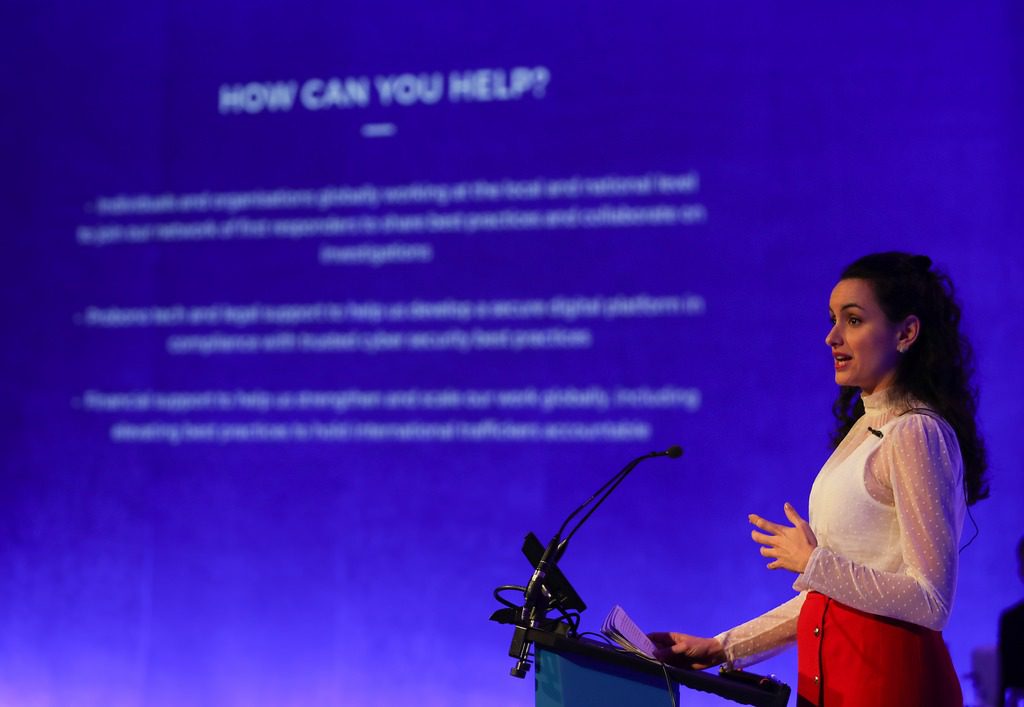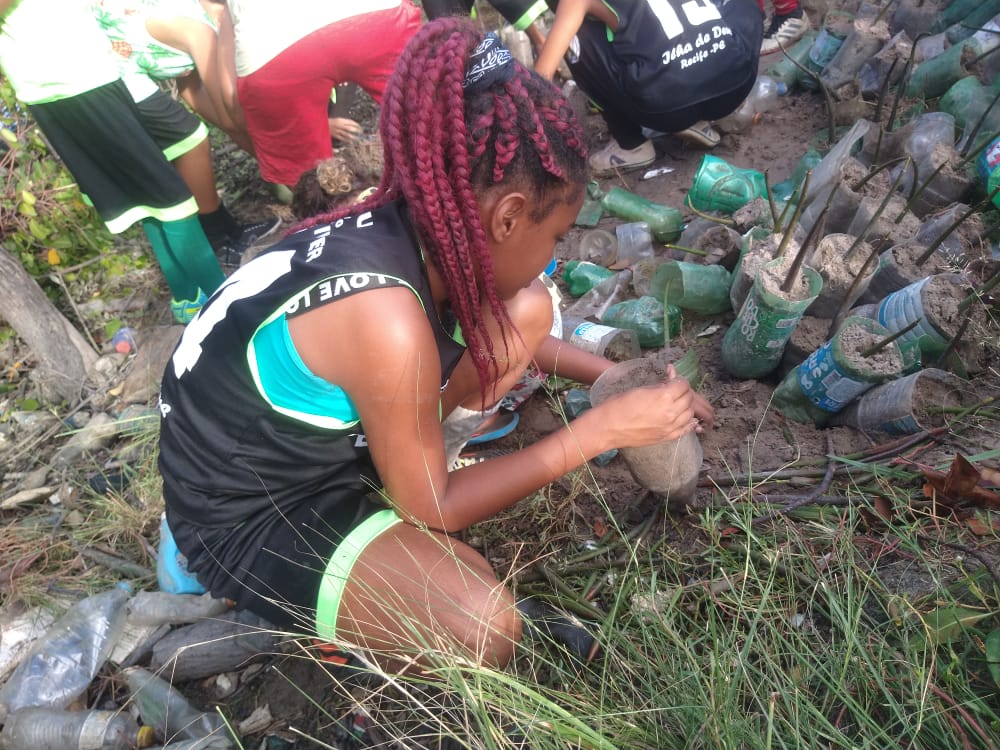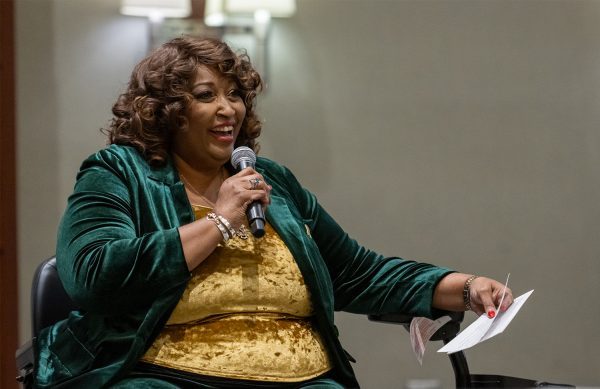IS members represent nonprofits, foundations, and corporations engaged in every kind of charitable endeavor, with missions that reflect the nearly infinite ways of working for the common good. New member Collective Liberty seeks to eradicate human trafficking by collaborating across industries to address, disrupt, and put an end to human trafficking. Their collective focus is on identifying and stopping traffickers, while supporting survivors.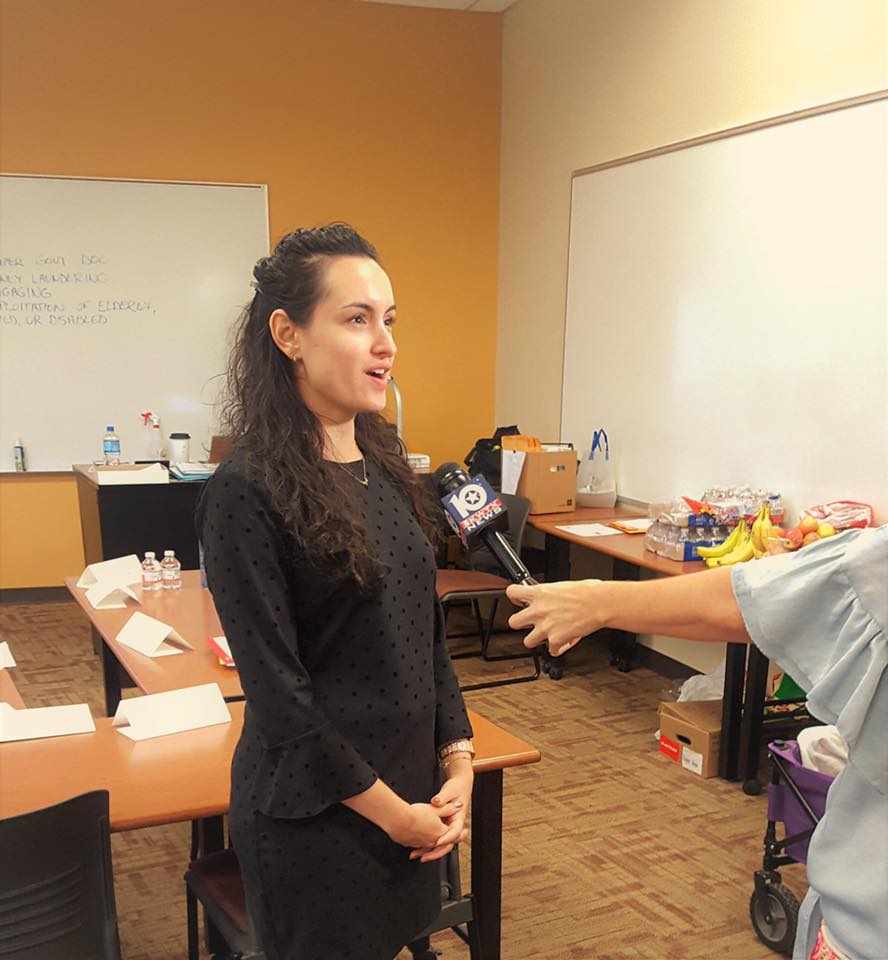
We talked with Rochelle Keyhan, chief executive officer of Collective Liberty. Rochelle is also a 2019 American Express NGen Award finalist, and Collective Liberty is the 2019 first-place winner of the Innovate for Good Challenge.
Q. Tell us a little bit about your career path and how you arrived at your present position.
RK: I was a prosecutor of gender-based violence for six years. After handling hundreds of misdemeanor cases each week for the first few years, it felt overwhelmingly — like I was treating symptoms of much larger societal problems. I had a really supportive office that empowered me as I started a nonprofit to simultaneously work on root causes of gender-based violence. This brought in significant policy, grassroots organizing, and movement building experience to supplement my prosecution work. Ultimately, I decided that I could make a significantly larger impact if I worked to improve the systems I had been a part of, and provide nuanced trainings for criminal justice professionals to help shift their approaches. Through Collective Liberty’s approach to this work, we are hoping to build on the more reactive, though important work of some other organizations in this field whose efforts may hinge more on people being ready to ask for help by doing proactive work.
Q. What does a typical day for staff at your organization look like? Was there a day you remember that was extraordinary?
RK: Typical work includes following national news about all types of trafficking, related activity, policies, and their impacts on trafficking. We offer support and data-intelligence to inform and guide policy actions, media coverage, and investigations.
Days that are most special to me are when we hold trainings. Two to four times a year, we host intensive trainings with police officers doing anti-human trafficking work. We teach law enforcement how to be proactive in addressing and eradicating human trafficking. Some participants in the trainings are more willing to change, and others are not. During the training we did in the Northeast (including law enforcement from DC, PA, NY, NJ), it was powerful to see people who were at first hesitant to accept new ideas come to listen and accept new approaches to be proactive in their efforts to stop trafficking. These training institutes are powerful in watching people who are rigid start to change their hearts and minds.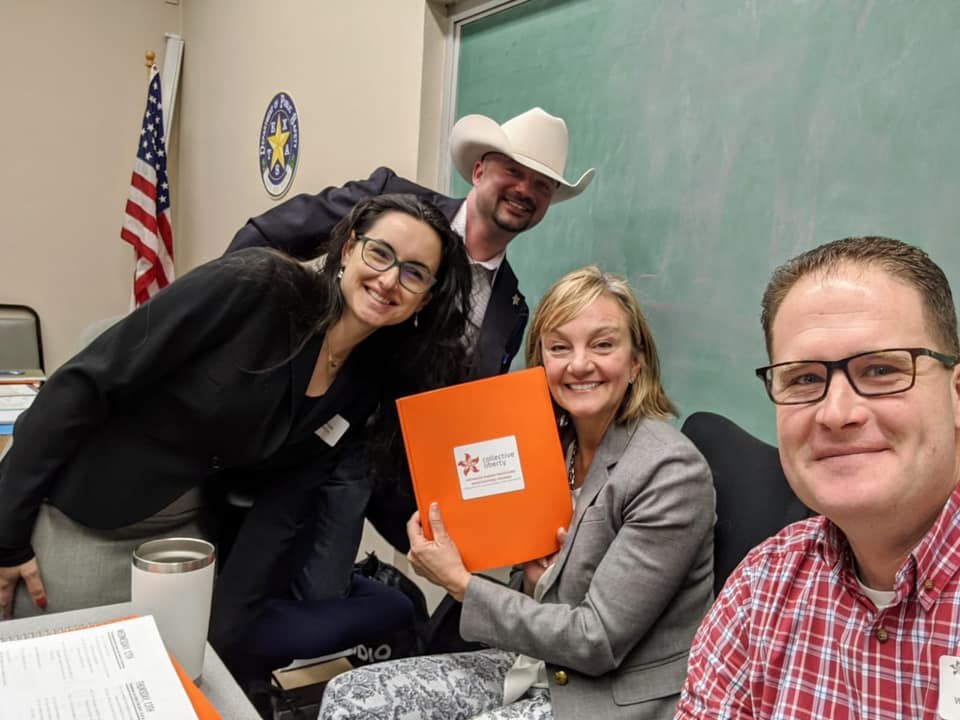
Q: What are some of the challenges your organization faces and how have you responded to them?
RK: Some of our challenges are related to funding and resourcing. We are working on diversifying our income streams to try to break out of the historic cycle of chasing funds. My goal in the next two to three years is to have an income-generating component to our fundraising that allows us to be self-sufficient in the years where grant and donor funds are lighter.
Shifting entrenched systems and ways of thought is another challenge in our work.
Data is really helpful here. Much of what is driving our misperceptions around human trafficking are emotional reactions to things like sex, immigration, race, wealth. When we can move the conversation and thought process away from those self-centered emotions (reacting to victims) and toward selfless emotions (reacting to traffickers and exploitation) – we tap into an undeniable source of human empathy.
It’s hard to have conversations with people who try and have rational conversation about how a victim’s decisions might have led to them becoming a victim of trafficking. It’s horrifying how easy people can become victims of these crimes, so sometimes people rationalize and blame victims to avoid accepting that reality. Working to change those attitudes is always challenging.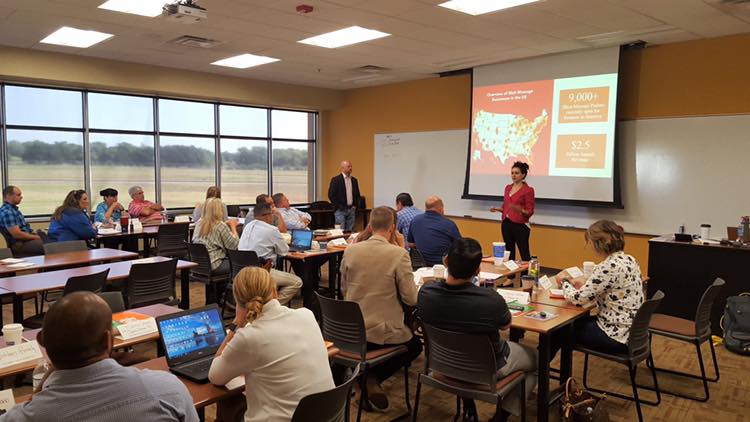
Q: Describe some of the programs or services Collective Liberty offers.
RK: We collect and analyze data about human trafficking and related instances of gender-based violence, and workplace exploitation. We use that data to train industries who are still behind the curve on closing out traffickers – such as the financial industry, hotel and travel industries, policymakers, and the criminal justice system.
We also work with media and general public narratives – which are still very focused on the victims’ behaviors in ways that compound victim trauma while ignoring traffickers. We are working to shift that approach to focus more on traffickers, their behavior, and stopping them from exploiting. Overall, we seek to challenge misleading narratives about trafficking.
Q: What is one of your favorite places to be in your community?
RK: I love being in learning environments – where we get the opportunity to meet people where they are, and facilitate their path toward where we need them to be. The lightbulb and “a-ha” moments are invigorating. You can viscerally feel the ripple effect of impact that will derive from those moments.
Specifically, one of my favorite places in Washington, DC is The Wing, a women-based and women-owned co-working network. With their other locations as well, I can feel at home at The Wing in other cities when I’m traveling.
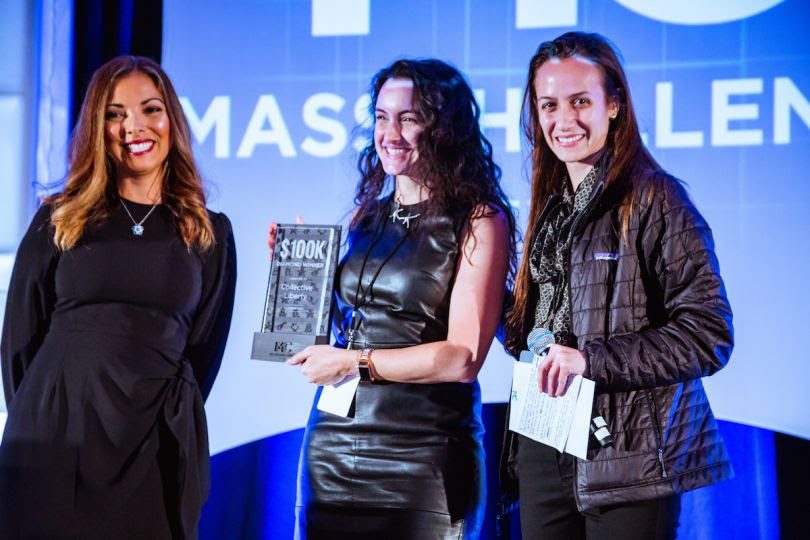 Q: Is there an unsung hero on your team you’d like to recognize? What makes this person special?
Q: Is there an unsung hero on your team you’d like to recognize? What makes this person special?
RK: All of our law enforcement partners who sign up for a training and then go on to be facilitators for future trainings. The level of sacrifice is above and beyond their pay grade, and their compassion for the victims drives them to help. It’s validating for our work and shows that we’re having impact.
Learn more about Collective Liberty at https://collectiveliberty.org/.
Visit Independent Sector’s members page to learn more about our members and the wide spectrum of their missions.
